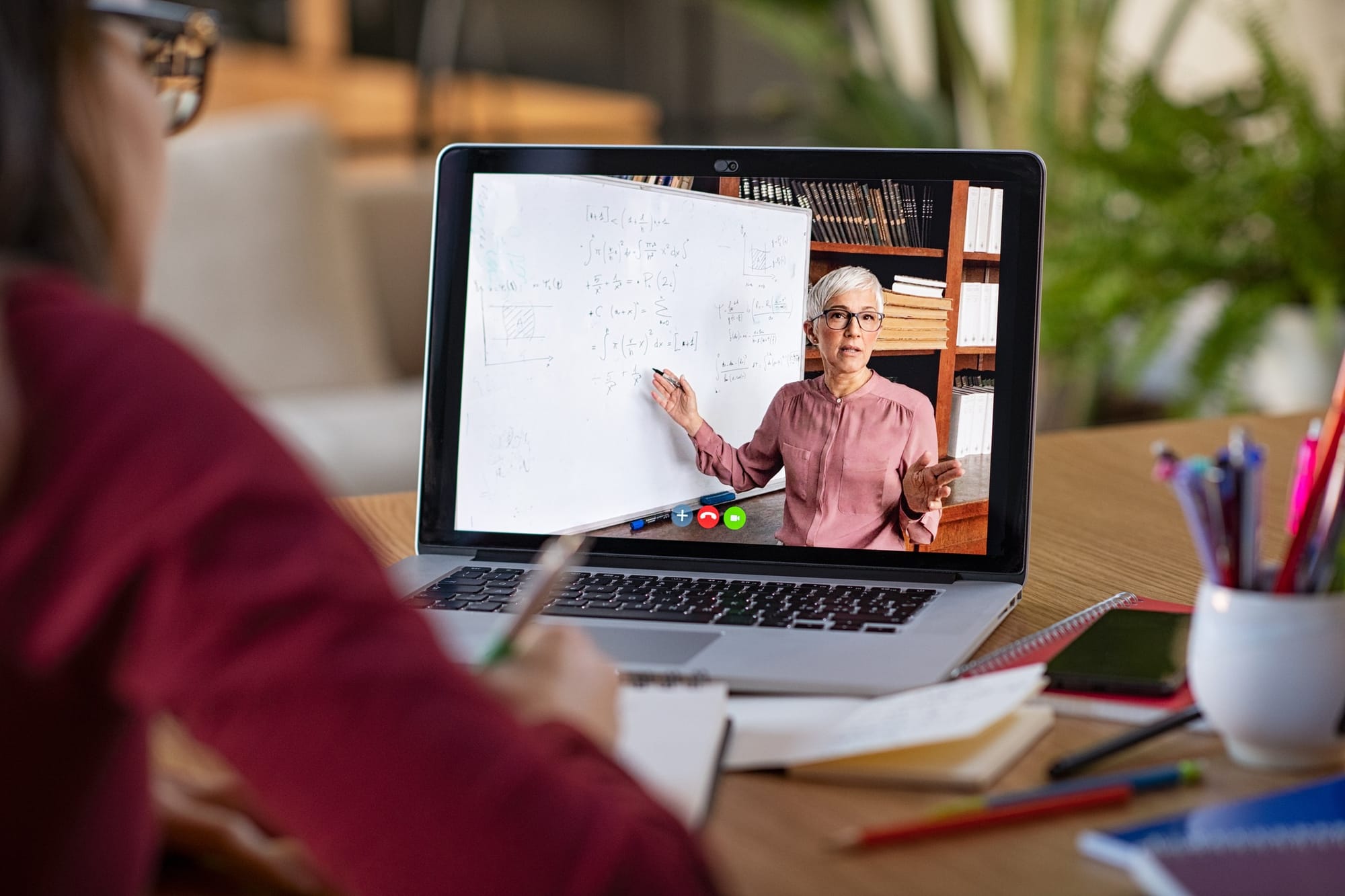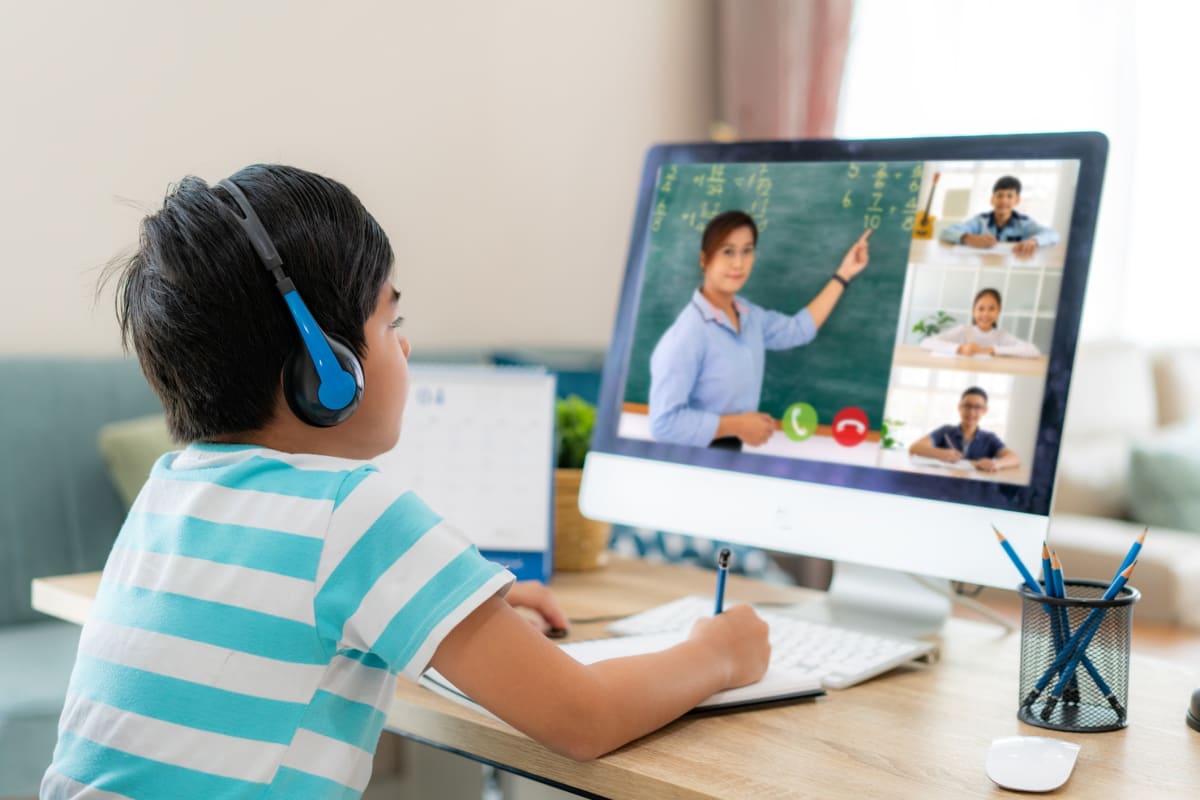
Online education is considered by many in developed nations as a poor substitute for face-to-face teaching and learning, and is only something to be reverted to when there’s simply no other option.
For most people, the complete shift to online teaching and learning that was forced upon education systems around the world during the COVID pandemic wasn’t something they considered likely, or in many cases, even possible.
Challenges abounded
Many students found it difficult to stay focused and motivated, technology and internet connectivity wasn’t always cooperative, and many teachers felt ill-prepared and under-resourced for such a rapid transition.
These experiences sit in sharp contrast to those of thousands of teachers and students who choose to teach and learn in virtual rather than face-to-face settings.
In fact, these planned and resourced virtual learning opportunities are becoming increasingly popular.
Virtual School Victoria – the state’s largest school
Victoria’s largest school – Virtual School Victoria – now has more than 5500 enrolled primary and secondary students. Its ongoing growth, even after face-to-face schooling has returned, is attributed largely to meeting the needs of students in geographically remote areas, students with particular social and emotional needs or chronic illness, and young elite athletes or performers whose schedules don’t fit in with face-to-face school timetables.

The preference for online learning is not only evidenced in Victoria, but is also appealing to students around Australia and internationally, with 477 full-time primary and secondary virtual schools in the United States enrolling more than 300,000 students.
Thousands of students in Victoria actively seek to supplement their face-to-face schooling with additional educational opportunities. The Monash Virtual School provides such supplementary support with hundreds of free online science, technology, engineering and mathematics (STEM) VCE revision classes on offer every year.
In 2022, more than 25,000 places were booked by young Victorian’s seeking to enhance their educational experience by attending these online classes.
The positive impact of this resource has been significant – 92% of students attending these classes reported that they felt more confident tackling their VCE exams after attending one or more online classes conducted by the Monash Virtual School.
Remote learning is life-changing in war-affected countries
In partnership with Classrooms without Walls based in Canada, the Monash Virtual School provides fundamental educational opportunities for 70,000 young people.
In 2022, more than 1000 free online classes were offered to students whose education had been disrupted by conflict in places including Ukraine and Myanmar.

Volunteer educators and those studying to become teachers deliver the online classes. All volunteers are provided with orientation sessions and professional development materials to enhance their online teaching skills, as well as their understanding of trauma-informed practice.
Such educational opportunities have proved invaluable for these young people. One young Ukrainian student described the importance of online education:
“This program helped me to find a familiar place in unfamiliar places, light when it’s dark, find people all of the world who will always support me and teach about things I would never know without this program, or people who will just listen and understand. Simple things, it seems, but when war is so close that you can hear its rotten breath, it is very important. If you are the person who took or keeps taking part in this wonderful program, I would like to say ‘thank you’, from all Ukrainians for everything that you do.’
While some young people and their families may cringe at the thought of “remote and distance learning”, for others, virtual learning provides hope and opportunity that would otherwise be unattainable.
If you know anyone who may benefit from the free online VCE revision classes offered by the Monash Virtual School, please share this link.
If you have a background in education and want to volunteer in our international programs, please contact: edu.monash.virtualschool@monash.edu.
The Monash Virtual School is funded by the Invergowrie Foundation.





